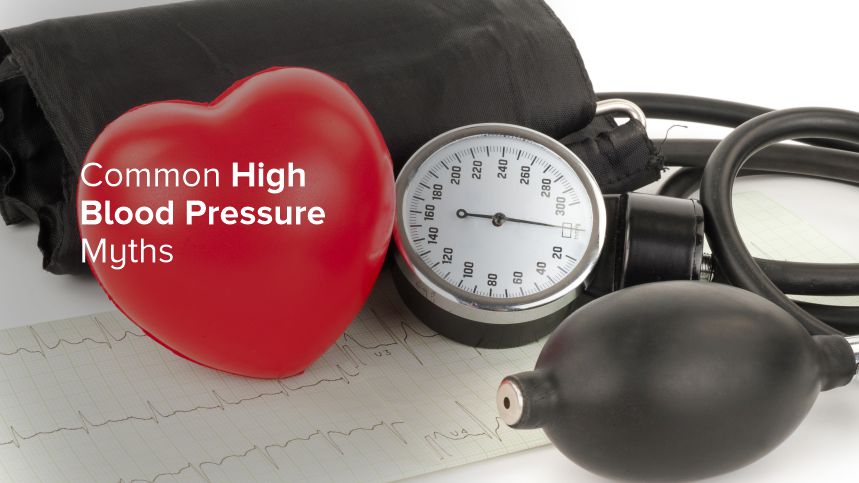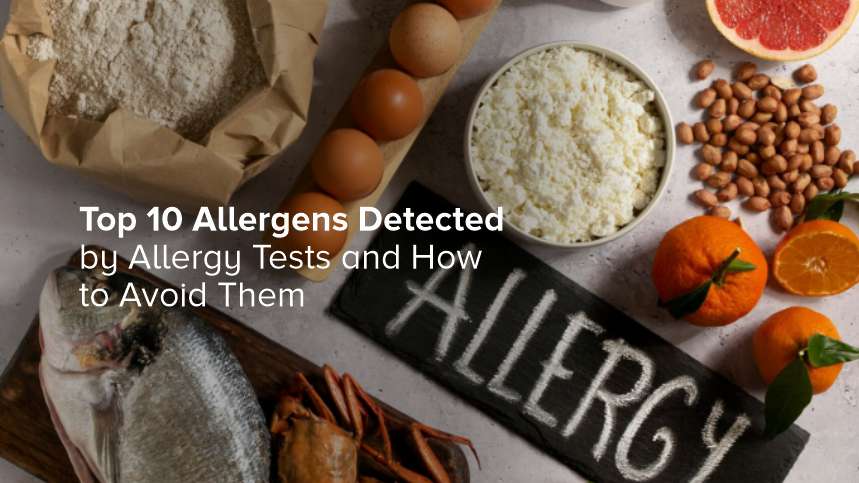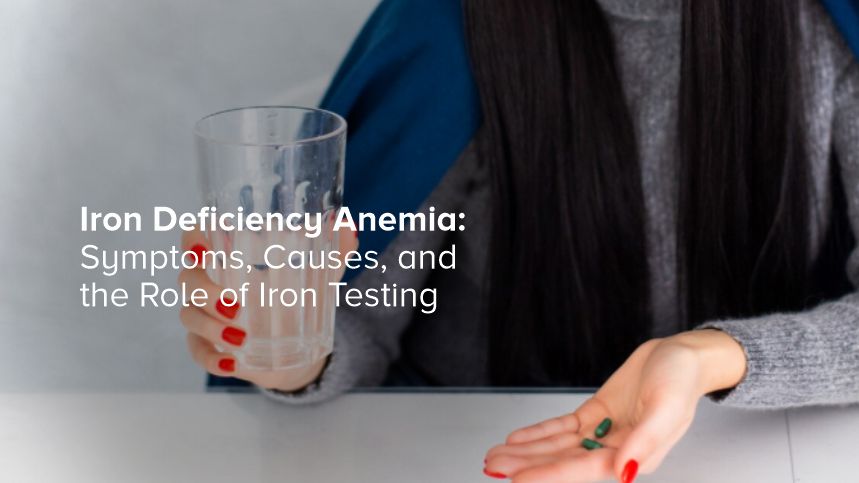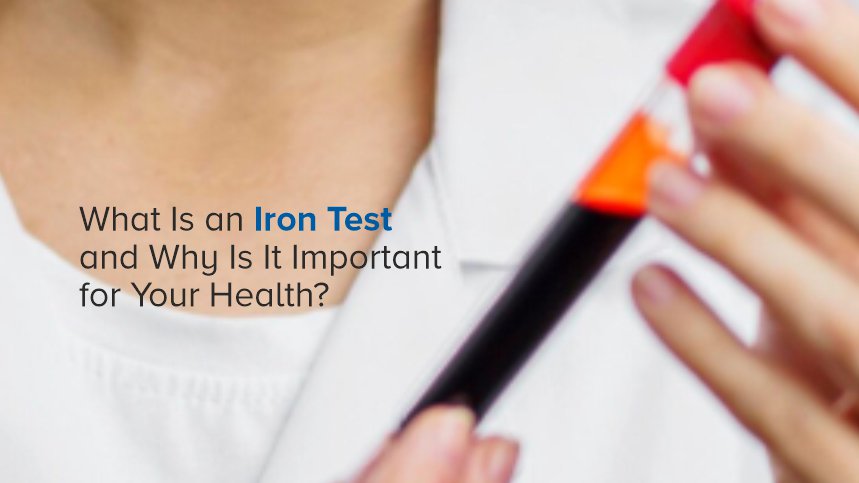


Condition
- Lifestyle Packages
- Preventive Health Checkup
- Preventive Health Checkup
- Diabetes
- Top tests
- Heart Disease & Hypertension
- Preventive Health Checkup
- Top tests
- Heart Disease & Hypertension
- Lifestyle Packages
- Lifestyle Packages
- Diabetes
- Preventive Health Checkup
- Top tests
- Diabetes
- Top tests
- Preventive Health Checkup
- Preventive Health Checkup
- Preventive Health Checkup
- Diabetes
- Lifestyle Packages
- Lifestyle Packages
- Heart Disease & Hypertension
- Lifestyle Packages
- Heart Disease & Hypertension
- Lifestyle Packages
- Preventive Health Checkup
- Preventive Health Checkup
- Preventive Health Checkup
- Lifestyle Packages
- Top tests
- Lifestyle Packages
- Top tests
- Lifestyle Packages
- Top tests
- Diabetes
- Diabetes
- Others
- Blood Disorders
- Top tests
- Others
- Others
- Others
- Fever
- Fever
- Blood Disorders
- Blood Disorders
- Preventive Health Checkup
- Preventive Health Checkup
- Profile
- Kidney Disease
- Kidney Disease
- Diabetes
- Diabetes
- Heart Disease & Hypertension
- Preventive Health Checkup
- Lifestyle Packages
- Thyroid Disorder
- Diabetes
- Diabetes
- Diabetes
- Diabetes
- Diabetes
- Diabetes
- Diabetes
- Top tests
- Allergy
- Top tests
- Top tests
- Top tests
- Top tests
- Diabetes
- Top tests
- Diabetes
- Top tests
- Top tests
- Top tests
- Liver Disease
- Diabetes
- Top tests
- Vitamin Deficiency
- Top tests
- Top tests
- Liver Disease
- Top tests
- Top tests
- Top tests
- Anemia
- Anemia
- Anemia
- Diabetes
- Diabetes
- Anemia
- Top tests
- Top tests
- Top tests
- Preventive Health Checkup
- Thyroid Disorder
- Heart Disease & Hypertension
- Top tests
- Preventive Health Checkup
- Diabetes
- Heart Disease & Hypertension
- Top tests
- Fever
- Allergy
- Liver Disease
- Lifestyle Packages
- Heart Disease & Hypertension
- Top tests
- Arthritis
- Top tests
- Top tests
- Heart Disease & Hypertension
- Kidney Disease
- Preventive Health Checkup
- Allergy
- Top tests
- Lifestyle Packages
- Top tests
- Kidney Disease
- Top tests
- Lifestyle Packages
- Top tests
- Preventive Health Checkup
- Preventive Health Checkup
- Top tests
- Top tests
- Vitamin Deficiency
- Allergy
- Diabetes
- Top tests
- Top tests
- Top tests
- Top tests
- Heart Disease & Hypertension
- Allergy
- Top tests
- Preventive Health Checkup
- Top tests
- Top tests
- Infertility
- Top tests
- Lifestyle Packages
- Allergy
- Diabetes
- Heart Disease & Hypertension
- Lifestyle Packages
- Preventive Health Checkup
- Preventive Health Checkup
- Top tests
- Preventive Health Checkup
- Top tests
- Diabetes
- Top tests
- Infertility
- Top tests
- Thyroid Disorder
- Top tests
- Allergy
- Preventive Health Checkup
- Vitamin Deficiency
- Top tests
- Top tests
- Infertility
- Lifestyle Packages
- Diabetes
- Liver Disease
- Kidney Disease
- Vitamin Deficiency
- Top tests
- Heart Disease & Hypertension
- Heart Disease & Hypertension
- Top tests
- Heart Disease & Hypertension
- Heart Disease & Hypertension
- Heart Disease & Hypertension
- Infertility
- Heart Disease & Hypertension
- Vitamin Deficiency
- Vitamin Deficiency
- Arthritis
- Arthritis
- Top tests
- Top tests
- Lifestyle Packages
- Preventive Health Checkup
- Lifestyle Packages
- Preventive Health Checkup
- Vitamin Deficiency
- Top tests
- Lifestyle Packages
- Lifestyle Packages
- Preventive Health Checkup
- Top tests
- Preventive Health Checkup
- Top tests
- Heart Disease & Hypertension
- Infertility
- Top tests
- Top tests
- Preventive Health Checkup
- Lifestyle Packages
- Top tests
- PCOD
- Preventive Health Checkup
- Lifestyle Packages
- Preventive Health Checkup
- Top tests
- Fever
- PCOD
- Kidney Disease
- Top tests
- Top tests
- Preventive Health Checkup
- Preventive Health Checkup
- Liver Disease
- Thyroid Disorder
- Top tests
- Heart Disease & Hypertension
- PCOD
- Top tests
- Arthritis
- Preventive Health Checkup
- Kidney Disease
- Lifestyle Packages
- Top tests
- Allergy
- Top tests
- Top tests
- Diabetes
- Thyroid Disorder
- Preventive Health Checkup
- Top tests
- Lifestyle Packages
- Preventive Health Checkup
- Top tests
- Kidney Disease
- Liver Disease
- Infertility
- Top tests
- Anemia
- Top tests
- Top tests
- Top tests
- Preventive Health Checkup
- Bone Health
- Cancer
- Fatty Liver

Tests
In the realm of health and wellness, high blood pressure or hypertension is a widely discussed topic, yet it is also surrounded by a plethora of myths and misconceptions. Given that hypertension is a major risk factor for heart disease and stroke, two of the leading causes of death globally, understanding the truth about this condition is crucial.
Myth 1: High Blood Pressure is Only a Problem for Older Adults
While it's true that the risk of developing high blood pressure increases with age, it can affect individuals of any age. Factors such as obesity, lack of physical activity, unhealthy diet, and excessive alcohol consumption can contribute to the development of high blood pressure in younger adults as well. Today, even children are at risk due to the rising prevalence of obesity among younger populations.
Myth 2: You Can Tell If You Have High Blood Pressure by Certain Symptoms
One of the most dangerous myths about high blood pressure is that it always presents with noticeable symptoms like nervousness, sweating, difficulty sleeping, or facial flushing. The truth is, high blood pressure is often called the "silent killer" because many people with hypertension may not experience any symptoms at all, even when their blood pressure reaches dangerously high levels. Regular check-ups are essential for catching and managing this condition early.
Myth 3: If Your Blood Pressure is High Once, You Have Hypertension
Blood pressure can fluctuate throughout the day due to various reasons, including stress, physical activity, and the consumption of caffeine or certain foods. A single reading showing high blood pressure does not necessarily mean you have hypertension. It requires several readings at different times to diagnose high blood pressure properly. However, any high reading should be taken seriously and discussed with a healthcare professional.
Myth 4: High Blood Pressure Cannot Be Controlled Without Medication
Medication can be an essential part of managing high blood pressure for many individuals, but lifestyle changes can have a significant impact as well. Healthy dietary choices, regular physical activity, maintaining a healthy weight, limiting alcohol intake, and quitting smoking can all contribute to lowering blood pressure levels. In some cases, these changes may reduce the need for or the dosage of blood pressure medication.
Myth 5: High Salt Intake is the Only Dietary Concern
While reducing salt (sodium) intake can indeed lower blood pressure, it's not the only dietary factor to consider. An overall healthy eating plan, such as the DASH (Dietary Approaches to Stop Hypertension) diet, emphasizes fruits, vegetables, whole grains, and lean proteins. This diet also recommends reducing the intake of saturated fats and cholesterol to help manage blood pressure.
Myth 6: High Blood Pressure Isn’t a Big Deal If You Feel Fine
This is perhaps one of the most harmful myths. Even if you feel fine, high blood pressure can silently damage your heart, kidneys, blood vessels, and other parts of your body. This damage can lead to serious health problems, such as heart attack, stroke, kidney disease, and vision loss, among others. Managing your blood pressure is crucial, regardless of how you might feel day-to-day.
High blood pressure is a manageable condition, but understanding the truths about it is the first step in taking control of your health. Education, regular monitoring, and taking proactive steps towards a healthier lifestyle can significantly impact managing hypertension. Always consult with a healthcare professional for guidance tailored to your individual health needs.
By debunking these common myths about high blood pressure, we hope to encourage a more informed and proactive approach to managing this condition. Remember, knowledge is power, especially when it comes to your health.
WANT TO BOOK HEALTH CHECKUP ?
Categories
Lifestyle Packages
25
Preventive Health Checkup
36
Diabetes
26
Top tests
76
Heart Disease & Hypertension
19
Others
4
Blood Disorders
3
Fever
4
Profile
1
Kidney Disease
8
Thyroid Disorder
5
Allergy
8
Liver Disease
6
Vitamin Deficiency
7
Anemia
5
Arthritis
4
Infertility
6
PCOD
3
Bone Health
1
Cancer
1
Fatty Liver
1
Recent Blogs
Top 10 Allergens Detected by Allergy Tests and How to Avoid Them
Allergies affect millions of people worldwide, often leading to symptoms ranging from mild...
17-06-2025
Iron Deficiency Anemia: Symptoms, Causes, and the Role of Iron Testing
Iron deficiency anemia is one of the most common nutritional disorders worldwide, affecting...
17-06-2025
What Is an Iron Test and Why Is It Important for Your Health?
Iron is a critical mineral that plays a vital role in keeping your body healthy and functional....
17-06-2025







